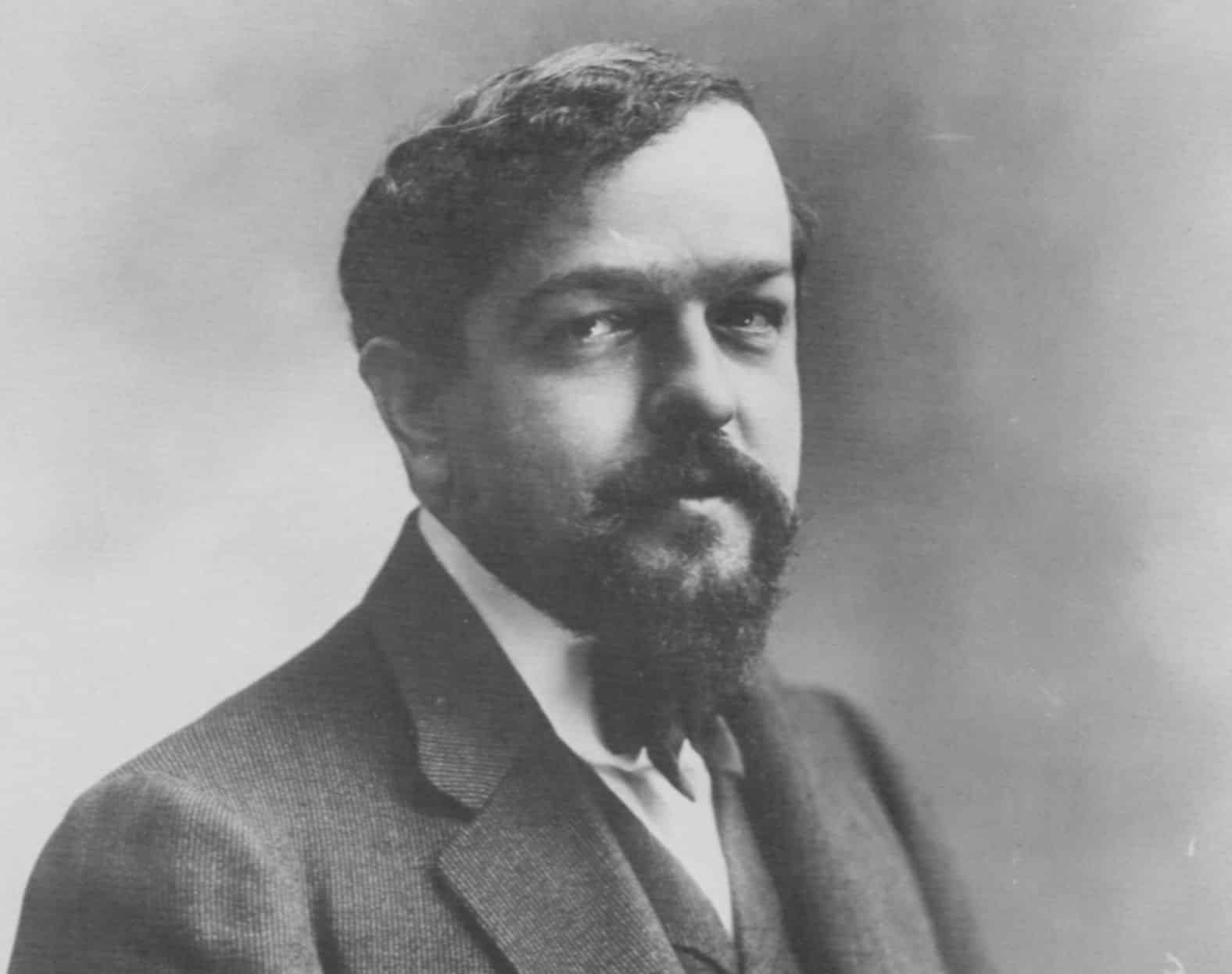
Debussy – Clair de Lune
“Clair de Lune” (“Light of the Moon”) is one of the most beloved and famous compositions by French composer Claude Debussy. Known for its ethereal[…]
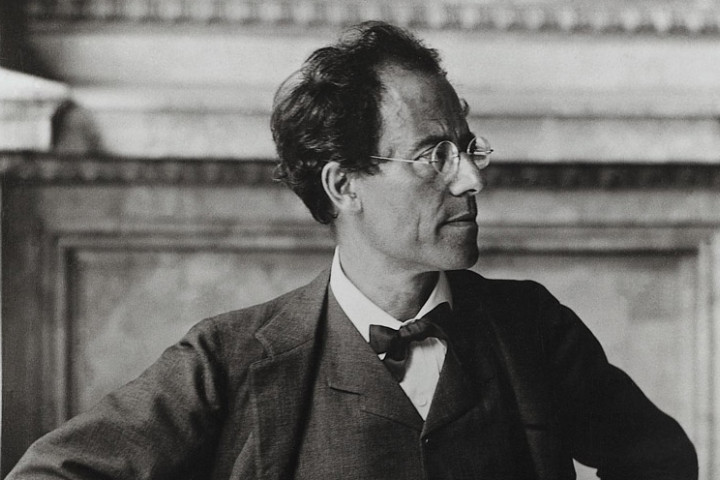
The Story Behind Mahler’s Symphony No. 5
Gustav Mahler’s Symphony No. 5 stands as a monumental work in the orchestral repertoire—a piece that marks a pivotal transformation in the composer’s musical voice.[…]
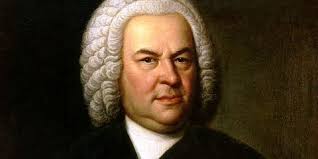
Bach – Flute Sonata in B minor
Johann Sebastian Bach’s Flute Sonata in B minor, BWV 1030, stands as one of the most profound and expressive chamber works ever composed for the[…]

Bach – Violin Partita No. 2
Among the masterpieces of solo violin literature, Johann Sebastian Bach’s Violin Partita No. 2 in D minor, BWV 1004, holds a special place. Composed around[…]

Bach – B Minor Mass
The Mass in B Minor (BWV 232) stands as one of the greatest achievements in Western classical music. Composed by Johann Sebastian Bach during the[…]

Bach – The Well-Tempered Clavier
Johann Sebastian Bach’s The Well-Tempered Clavier (Das Wohltemperierte Klavier) stands as one of the most monumental works in the history of Western classical music. Composed[…]

Bach – The Goldberg Variations
Among the towering works of the keyboard repertoire, few have captivated audiences and musicians alike as profoundly as The Goldberg Variations, BWV 988, by Johann[…]
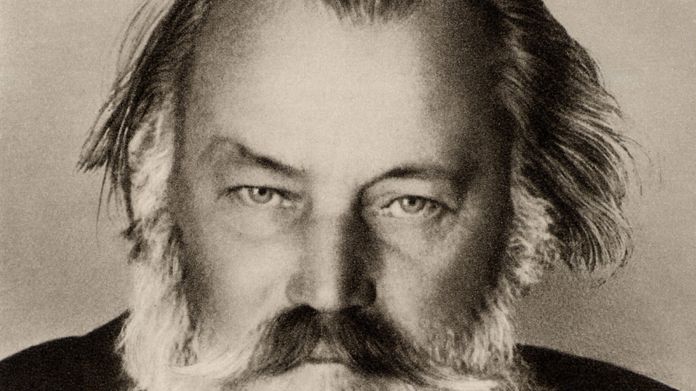
Brahms – Piano Quintet
Johannes Brahms’ Piano Quintet in F Minor, Op. 34 stands as one of the most powerful and dramatic works in the chamber music repertoire. Composed[…]
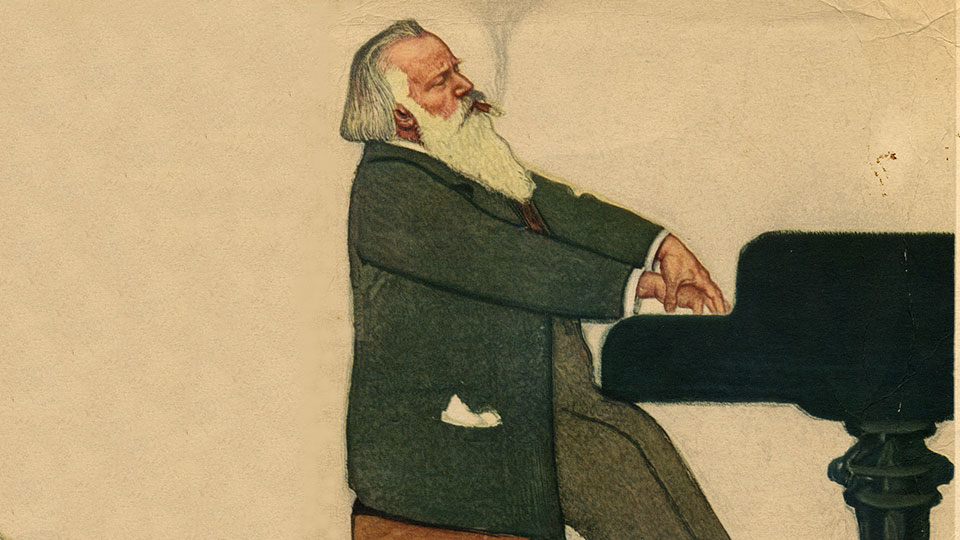
Brahms – Piano Concerto No. 1
Johannes Brahms’s Piano Concerto No. 1 in D minor, Op. 15, is a towering masterpiece that showcases not only the composer’s early genius but also[…]

Brahms – Variations on a Theme by Haydn
Johannes Brahms, one of the most revered composers of the Romantic era, created a rich and compelling piece in 1873 titled Variations on a Theme[…]